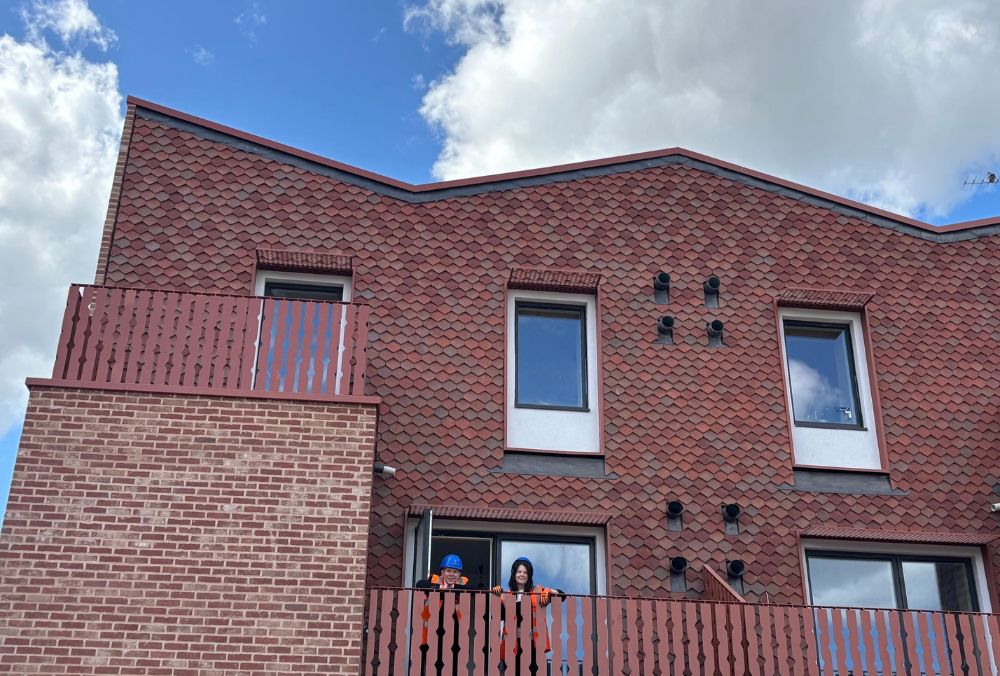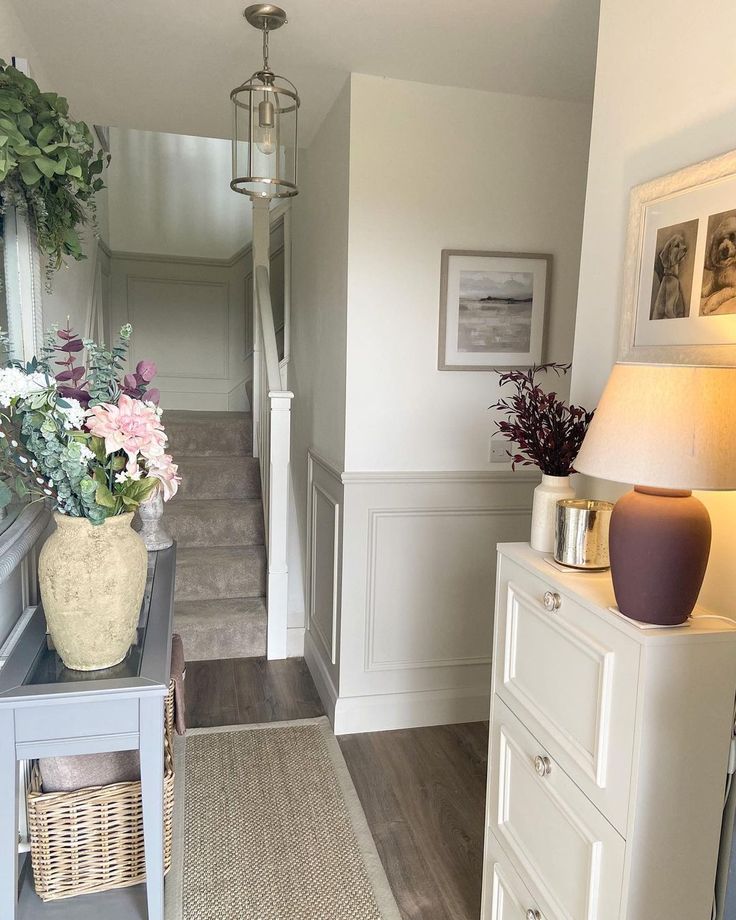Rent and inflation climb as first homes slip further away for young people
If you are in your 20s or 30s, and renting, you are not imagining it. Getting onto the property ladder has become harder again this summer.
- News
- 4 min read

If you are in your 20s or 30s, and renting, you are not imagining it. Getting onto the property ladder has become harder again this summer.
Prices are edging up, rents remain high by historic standards, and the cost of everyday life has taken another step higher. The July inflation figures published this week showed prices rising faster than expected, and that adds to the challenge of saving a deposit while paying rent.
What changed this week
On Wednesday 20 August the Office for National Statistics reported that consumer price inflation increased to 3.8% in the year to July, up from 3.6% in June. Transport costs made the biggest contribution, with dearer summer air fares and higher motor fuel prices pushing the rate higher. In simple terms, a little more of your pay packet is now being swallowed by everyday costs. That leaves less left over at the end of the month to build a home buying fund.
While inflation has increased, the Bank of England reduced the base interest rate earlier this month to 4%, down from 4.25%. The move can help mortgage pricing over time, although lenders tend to adjust gradually and often with a lag. For now, it is a small positive for borrowers, but the effect will not be immediate for many would be first time buyers.
Rents are still rising quicker than wages for many
New government figures show the average private rent reached £1,343 per month in July. That is 5.9% higher than a year ago, and although the pace of growth has eased in recent months, the monthly amounts renters are paying are still large. The North East saw the fastest annual rent growth in England, increasing by almost 9%, whereas Yorkshire was nearer 3.5%. When rent takes such a big slice of income, saving for a deposit becomes a marathon rather than a sprint.
It’s no surprise that 40% of private renters say they expect to rent for their entire life.
Private sector research on newly agreed tenancies tells a similar story from another angle. Zoopla lists the average rent for new tenancies at around £1,287 as of April, up 2.8% over the year and up roughly one fifth over three years. That three-year surge has done real damage to the saving plans of younger households.
House prices are increasing again
After a calmer spell in 2024, house prices are no longer drifting lower. The Office for National Statistics says the average UK house price rose 3.7% in the year to June to about £269,000. None of this changes the fact that buying requires a large deposit, which is proving harder for young people in recent years, owing to rising inflation.
We’ve looked at the house price indexes, and they reaffirm the difficulty of getting onto the property ladder for the first time. In a recent update, Nationwide reported annual house prices growth of 2.4% in July and noted that the national house price to earnings ratio is still around 5.75, which is lower than recent peaks but remains high by long-term standards. Halifax also recorded 2.4% annual growth in July with an average price near £298,000. In plain English, prices are creeping up again, albeit not at the breakneck pace we saw in 2021 and 2022.
Deposits are the mountain in the way
Halifax, which is part of the Lloyds Banking Group, calculates that in 2024 the average first time buyer paid about £311,000 for their home and put down a deposit just over £61,000. That is roughly one fifth of the purchase price. Halifax also shows the typical first-time buyer age has crept up to around 33. It is no wonder many first-time buyers pair up to share costs with their friends or lodgers or even consider moving to cheaper areas for better value.

Why this bites so hard for renters
It is not only the size of the deposit. It is the fact that rent eats into the ability to save. According to our research, we’ve found that on average a person in their 20s who rents privately spends around one third of their income on housing costs. We also found that just over half of young people in their 20s now live with their parents, which is a significant change to housing in the mid 1990s, which is one sign of how tough housing has become for younger people.
Find the best...
What the inflation news means for aspiring buyers
The rise in inflation announced this week matters in a few practical ways. First, it makes day to day living that little bit more expensive. It can keep lenders cautious too when they run affordability checks, because they factor household outgoings, financial commitments, and the risk of higher costs into how much you can borrow. Also, if inflation proves stubborn in the months ahead, it could slow the rate at which mortgage rates fall, even after the August cut to the base interest rate. As we know, banks are quick to reduce interest rates on savings products but are often in less of a hurry to reduce interest rates on borrowing products such as mortgages.
There is a frustrating circle here. High rents make it harder to save. A slower rate of rent growth helps a bit, but the level of rent is still high in most places. Meanwhile house prices are edging up again, so the deposit required to purchase a house can grow faster than your savings pot.
If you’re saving for your first house and not looking to buy in the next 12 months, a useful tool is the Lifetime ISA. It’s a savings account which lets you add up to £4,000 per year and receive a tax-free 25% government bonus up to £1,000 per year, with funds usable for a first home up to a £450,000 property price. Early withdrawal charges apply so research is essential to make sure this is right for you.
The bottom line
A small rise in inflation this week and an ongoing squeeze from high rents have made it tougher again for young renters to jump onto the ladder. Prices are rising moderately, not rapidly, but deposits remain the main obstacle. If you are trying to buy your first home, the sensible approach over autumn and winter is to keep saving, keep your options broad, use the savings and purchase schemes such as shared ownership properties that fit your situation, and get tailored advice before you make any big decisions. The ladder may feel further away than it used to, but a clear plan can still get you there.
Related topics
Related topics
Most read articles
As featured in














